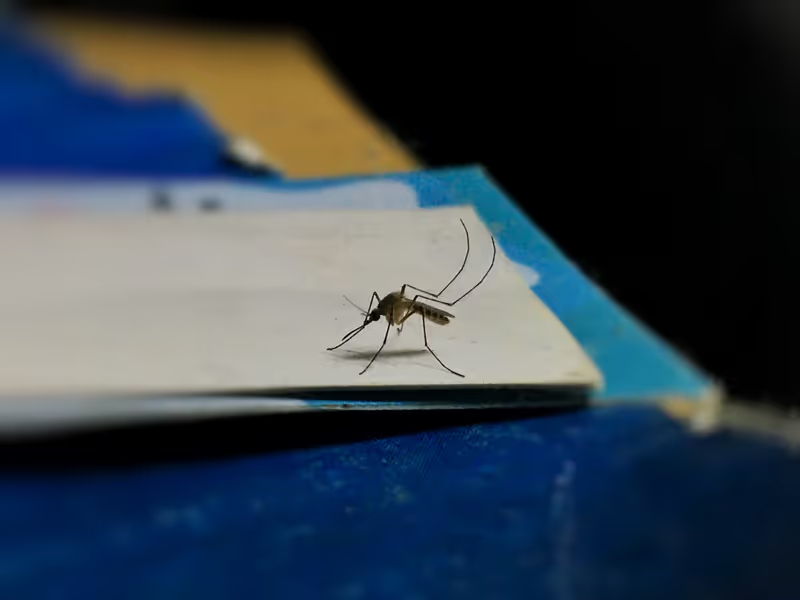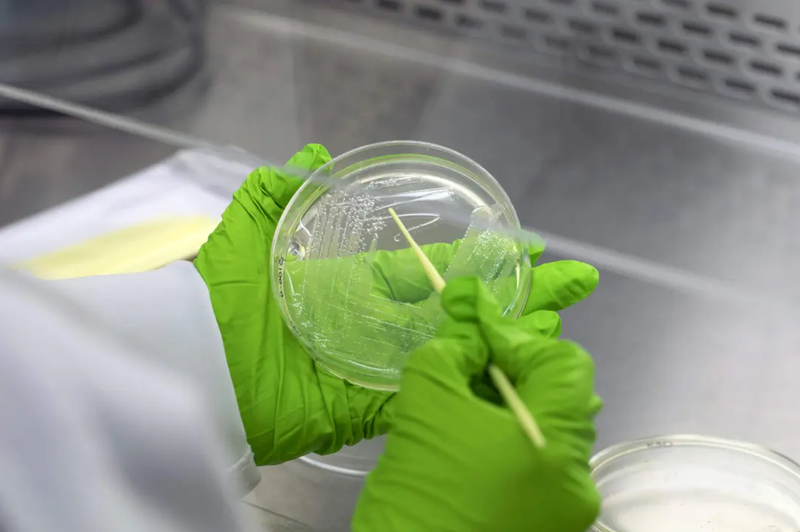Brain Study: Human Cells Implanted into Rats
A study published in the journal Nature on Wednesday announced that scientists have successfully transplanted human brain cells into the brains of baby rats to study human brain development and diseases that affect complex human organs.

Facts
- A study published in the journal Nature on Wednesday announced that scientists have successfully transplanted human brain cells into the brains of baby rats to study human brain development and diseases that affect complex human organs.
- The work will reportedly help further research into mental disorders such as autism and schizophrenia, with scientists confident that they'll be able to grow and alter brain tissue in these "living laboratories" and see how the changes influence the rodents' behavior.
- Professor Sergiu Pasca, who led the research at Stanford University, said "psychiatric disorders are a huge burden on society and it is very, very clear that we need better models for studying them," adding, "we see patients and patients' families that are desperate. There is no time to waste."
- Stem cells, which can grow to be any cell in the body, were connected to form clumps known as organoids. In one experiment, these were used to study the genetic disease Timothy Syndrome — which causes a form of autism and is linked to severe heart problems. Researchers were able to alter the rats' behavior, such as making them light-sensitive.
- Scientists inserted the human brain tissue into the rats using syringes without removing any parts of the rodents' brains. After the cells began to grow, they pushed aside the natural rat tissue, and after six months, the tissue expanded to become roughly one-third of the hemisphere of the rat's brain.
- Paola Arlotta, a prominent brain organoid researcher at Harvard University, acknowledged that scientists would need to follow new developments in the study, consider the results, and further discuss the ethical and societal implications of the work.
Sources: CBS, Independent, Guardian, Daily Mail, Washington Post, and NPR Online News.
Narratives
- Narrative A, as provided by Technology Review. This is an important step forward in understanding psychiatric disorders, but the research is a double-edged sword: While it paves the way to a new understanding of human brains, it also opens the door to serious ethical questions, such as the creation of an enhanced, "humanized" rat. Scientists need to proceed cautiously.
- Narrative B, as provided by France24. This cutting-edge research is a goldmine that brings our ability to study human brain development, evolution, and disease to unchartered territory. While it certainly poses ethical questions, particularly surrounding the "humanization" of rats, natural limitations control how deeply human neurons integrate with rats' brains. This is exciting news.
- Narrative C, as provided by Smithsonian Mag. Studies using lab rats are unethical and inhumane. Rats make up around 95% of lab animals, are kept in shoebox-sized cages, and are often terminated via lethal injection, decapitation, or suffocation by carbon dioxide gas after they've served their scientific purpose. It's time to turn to more humane methods, such as Harvard's "organ on a chip."






